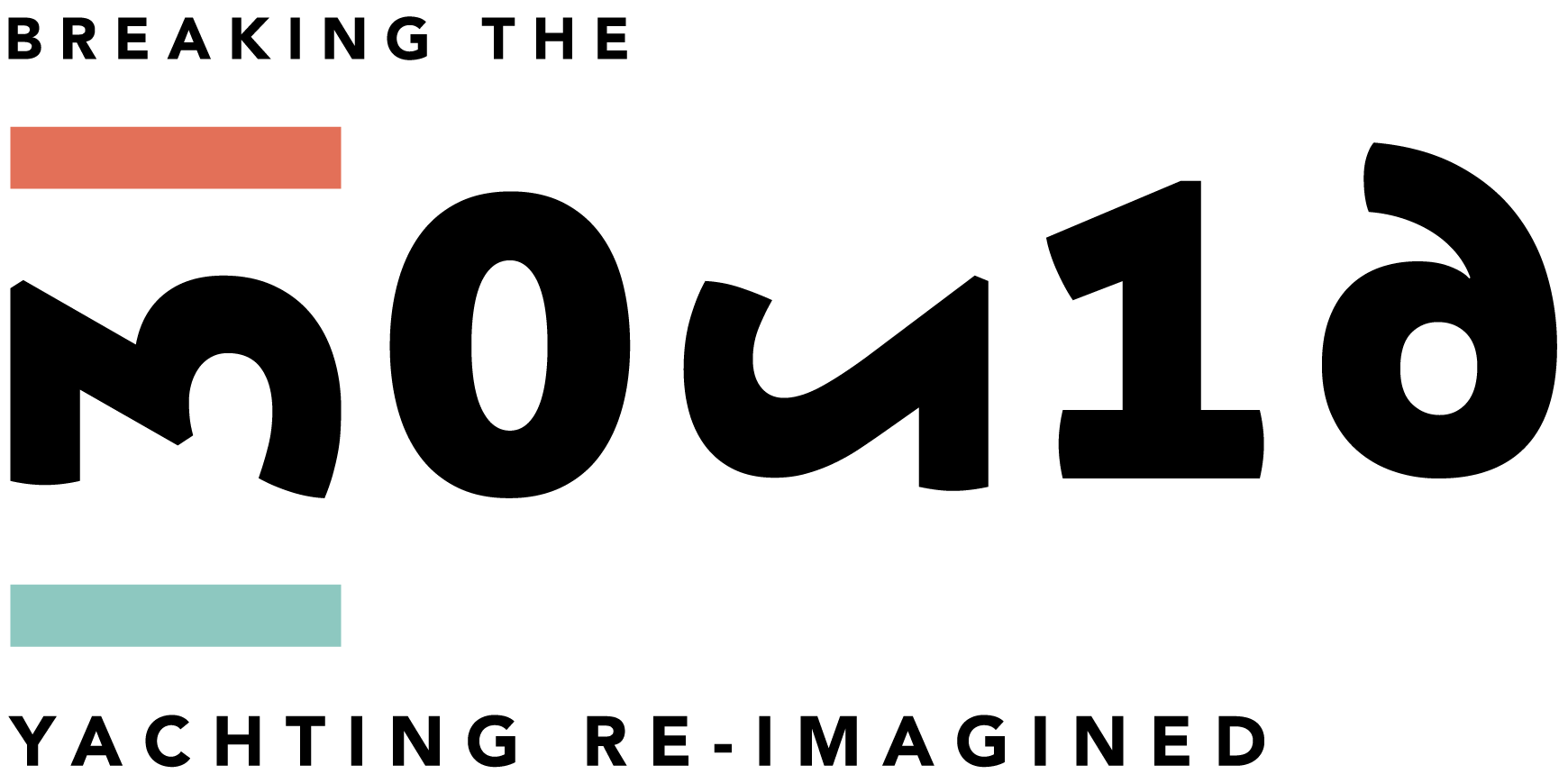Tax Changes for Double Cab Pickups: Act Before 2025
Why Double Cab Pickup Owners Need to Act Now
If you are a sole trader or a small business owner using a Double Cab Pickup (DCPU) for work, it is important to know about upcoming tax changes that could significantly impact your finances. Whether you are considering expanding your fleet or replacing an old vehicle, now might be the time to act.
What is a DCPU?
A Double Cab Pickup (DCPU) is a versatile vehicle popular among tradespeople like landscapers and builders. It features:
-
A front passenger cab.
-
A second row of seats for up to four passengers.
-
Four independently opening doors.
-
A payload capacity of one tonne or more.
-
An uncovered pickup area behind the cab.
DCPUs combine practicality and durability, making them a preferred choice for many small businesses.
What is Changing?
Currently, DCPUs are treated as commercial vehicles for tax purposes. This offers significant financial benefits, including:
-
Lower Benefit-in-Kind (BIK) charges for personal use.
-
Generous capital allowances that allow businesses to claim up to 100% of the vehicle’s purchase cost in the first year.
However, starting:
-
1 April 2025 for Corporation Tax.
-
6 April 2025 for Income Tax.
DCPUs will be reclassified as cars for tax purposes. This change will affect capital allowances, BIK charges, and certain deductions from business profits.
Financial Implications
The reclassification will have significant financial consequences:
-
Higher BIK Charges:
-
Employees using a DCPU for personal mileage will see higher company car tax bills.
-
For example, a higher-rate taxpayer currently paying around £1,800 per year in BIK could face costs exceeding £10,000, depending on the vehicle’s CO2 emissions and list price.
-
-
Reduced Tax Relief for Businesses:
-
Businesses will no longer be able to write off the full cost of a DCPU in the year of purchase.
-
Instead, the vehicle will be subject to lower capital allowance rates—potentially as low as 6% per year—reducing upfront tax relief.
-
Why Act Now?
If you purchase or lease a DCPU before April 2025, you can still benefit from the current tax rules until at least 2029. This provides an opportunity to lock in financial advantages before the changes take effect.
Steps to Consider
Here are some practical steps to prepare for the changes:
-
Review Your Fleet Needs:
-
Assess whether your current vehicles need replacing.
-
Consider if expanding your fleet under the current tax regime makes financial sense.
-
-
Purchase or Lease a DCPU:
-
Decide whether buying or leasing is the better option for your business.
-
If leasing, avoid contracts that extend beyond April 2029, when the new rules will apply.
-
-
Minimise BIK Charges:
-
Restrict DCPU use strictly to work-related purposes.
-
For cars, private use rules are stricter and may require controls like secure vehicle storage and specific insurance exclusions.
-
At Breaking the Mould Accounting Limited, we specialise in helping businesses navigate complex tax changes.
Reach out to us for personalised support and ensure your business stays ahead of the curve!





